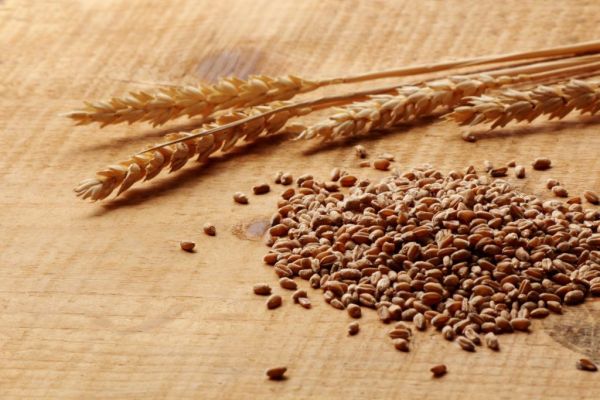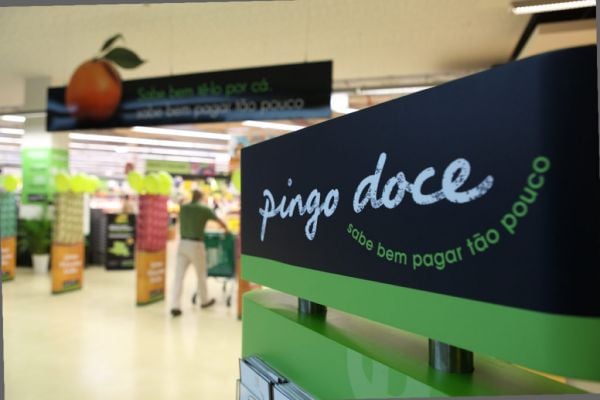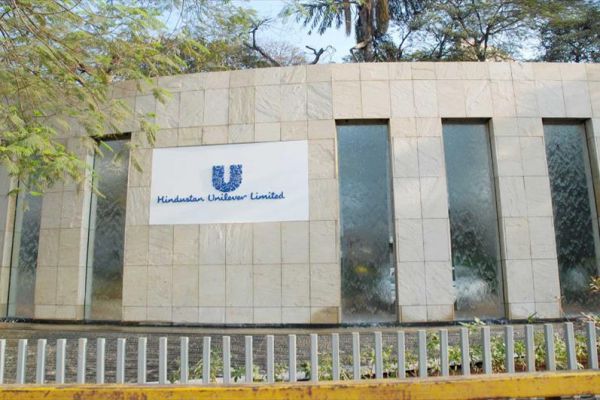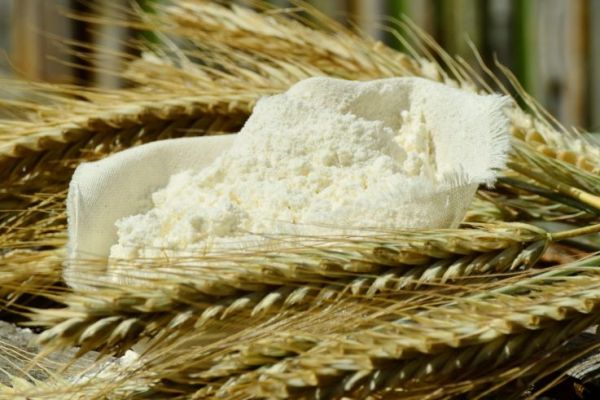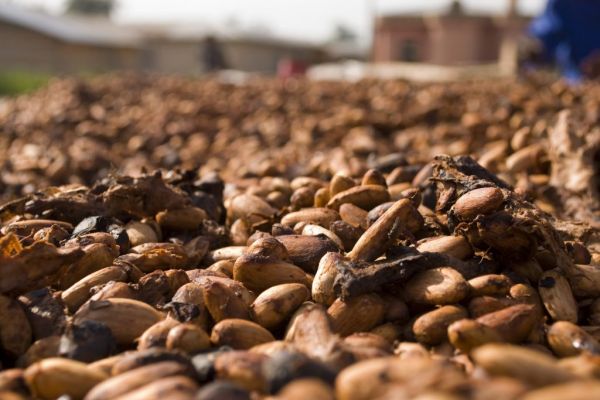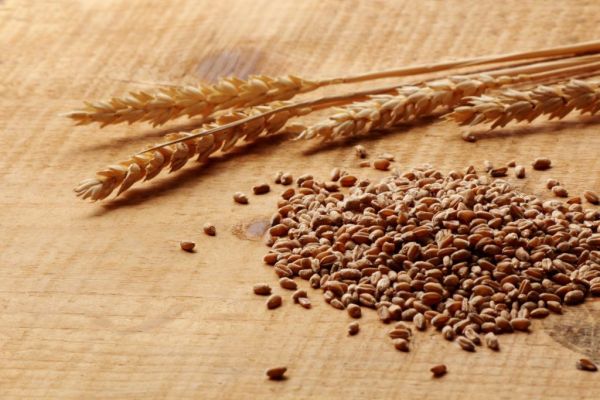The International Monetary Fund (IMF) confirmed on Tuesday that it is looking into expanding its lending toolkit to help countries hit by the food crisis, including through a new 'food shock window,' which would provide emergency financing.
The plan, first reported by Reuters on Monday, would allow the IMF to boost lending to countries struggling with balance of payments issues caused by the food crisis unleashed by Russia's war against Ukraine and global inflation following the COVID-19 pandemic.
IMF executive board members reviewed the proposal at an informal session on Monday.
IMF spokesman Gerry Rice said the fund, which has lent over $268 billion to 93 countries since the start of the pandemic, was using all available tools to support its members, and was looking at "all options to enhance our toolkit, including to help countries impacted by the food crisis."
Informal Discussions
In a statement to Reuters, he said the board had just begun informal discussions about 'one such proposal: a new food shock window under our emergency financing arrangements.'
He said further discussions were planned with the executive board to ensure formal approval of the changes.
Rice said the fund had provided $27 billion in loans to 57 low-income countries, and was continuing to encourage its member countries to "come to us early for needed financial support."
The proposal discussed Monday would temporarily increase existing access limits and allow all member countries to borrow up to an additional 50% of their IMF quota under the IMF's Rapid Financing Instrument, with low-income countries able to tap the Rapid Credit Facility, sources familiar with the plan said.
Board members were generally supportive heading into the meeting, and a formal vote backing the measure is likely before the Fund's annual meetings in October, they said.
Food prices – already hit by inflation – surged worldwide after the start of the Ukraine war given blocked supply routes, sanctions and other trade restrictions, although a UN-brokered deal that allowed resumed exports of grain from Ukrainian ports last month has begun to help improve trade flows and lower prices in recent weeks.
Many African countries and other poor nations suffering food shortages and acute hunger have clamoured for increased funds, but it was not immediately clear how many countries would seek the additional financing aid.
News by Reuters, edited by ESM – your source for the latest supply chain news. Click subscribe to sign up to ESM: European Supermarket Magazine
